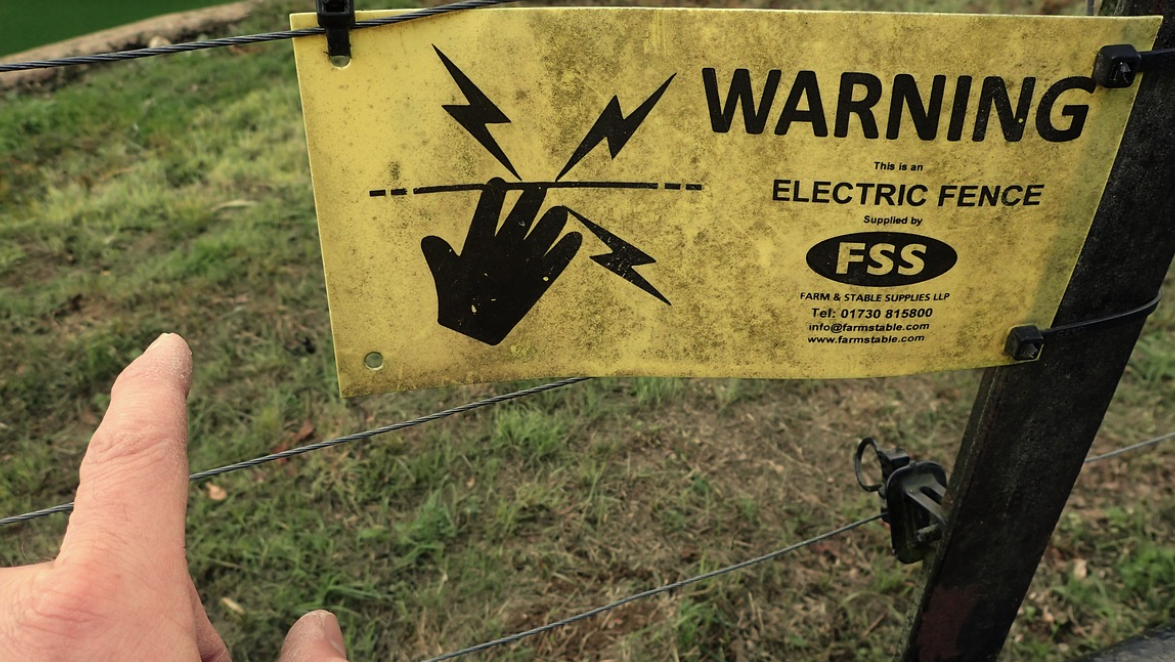


The Stupidity Defense
From our esteemed colleague, Dr. Peter Sandman:
It comes up in my consulting at least once a month. Something bad has happened on my client’s watch, and now the client has to own up to it. The key question (or at least one key question) is why it happened. And the principal contenders for best explanation are stupidity and evil. Either my client screwed up or my client screwed over the rest of us. Usually my client screwed up, but doesn’t want to say so. I find myself urging the stupidity defense.
Occasionally other defenses are possible. It didn’t really happen. Or it wasn’t really so bad. Or we’re a victim here too (the butler did it). Or we were just incredibly unlucky (who could have guessed?). But these are all problematic defenses, even when they are partly true. People are pretty convinced it did happen and it was bad. Blaming somebody else looks like scapegoating, and usually ends up making the public blame you both more – as when Jack-in-the-Box put the blame on its meat suppliers for a deadly West Coast E. coli epidemic. As for bad luck, it’s your job to predict and prevent disasters; if you can’t do it, we may be sympathetic but we won’t let you stay in business.
These alternative explanations won’t cut it. And yet some explanation will surely be needed. People demand reasons why bad things happen even to good companies. So it boils down to stupidity or evil.
Obviously the evil explanation hurts your reputation more. Arguably this shouldn’t be true; evil companies are safer than stupid ones. (Who would you rather have running the nearby nuclear power plant or the federal government, competent managers who sometimes lie to you or incompetents who don’t?) But most people are more preoccupied with good-versus-evil than with safe-versus-risky (a special case of “outrage” versus “hazard”). We forgive error far more readily than duplicity or intentional misbehavior.
For the rest, click here.